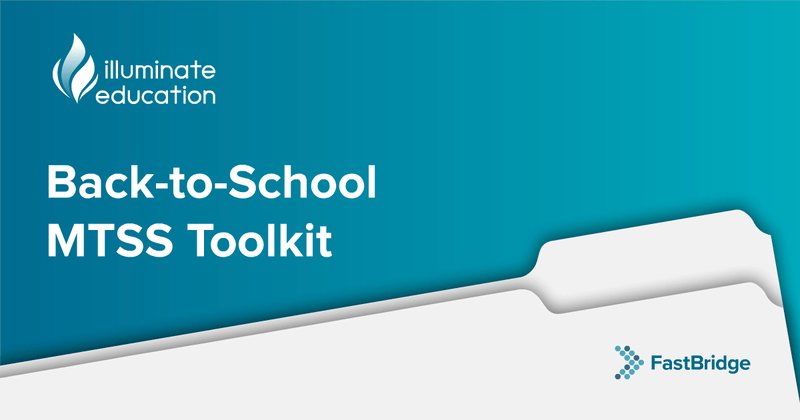By: Rachel Brown, Ph.D., NCSP
During my many years as a university professor I routinely suggested books and articles that my students might read over the summer to prepare them for the upcoming school year.
Early on, I learned that my taste in summer reading was not necessarily the same as others. One spring I suggested that my students might enjoy reading Stephen Jay Gould’s Mismeasure of Man. In this book Gould, a paleontologist, tells the story of how intelligence tests were invented and later used as part of the “eugenics” movement that sought to “improve” humans through selective breeding. I told my students that this book was an easy read and they could enjoy it at the beach.

When I returned to campus in the fall I got an earful about how this important work was not a “beach book.” I have accepted that my selection of summer reading texts might be unconventional.
Nonetheless, I will offer the following suggestions for educators who seek to use the summer as a chance to catch up on reading that is impossible during the school year.
My suggestions are organized into three categories: (a) FastBridge resources, (b) other resources about multi-tiered systems of support (MTSS), and (c) readings related to education in general.
FastBridge Reading Resources
Because we an organization that focuses on improving learning outcomes for all students, we offer a number of tools that seek to support educators as they develop best practices in their specific areas of expertise.
Three FastBridge resources that seek to support this effort are the Fast Insights blog, Training Modules, and Knowledge Base.
The Fast Insights blog is a resource that is free and available to anyone and does not require a FastBridge account. The weekly blog entries cover a range of topics that include both FastBridge assessments and related information about multi-tiered systems of support (MTSS).
Anyone can sign up to get email alerts when new blog entries are posted. Another tool that FastBridge users might want to access in the summer is the online training content. FastBridge provides on-demand online training modules for all subscribed users.There are modules for all of our assessments as well as for navigation, screening, and progress monitoring.
Each module includes nine lessons and a certification assessment to document the learner’s mastery. For advanced FastBridge users who would like to deepen their knowledge of our tools, the online Knowledge Base offers articles about all FastBridge resources as well as recordings of all Ask the Experts webinars and examples of advanced applications.
MTSS/RTI Resources
Finding ways to support all students is a challenging task. FastBridge is among a number of organizations that seeks to provide educators with tools that they can use to improve learning outcomes for all students.
Thanks to the internet, many of these resources are free. The following websites include readings and resources that can assist educators in developing systems to support all students.
- Best Evidence Encyclopedia: Hosted by the Johns Hopkins University, this website provides reviews of the research behind instructional programs often used in schools.
- Intervention Central: This website provides free resources to help teachers implement interventions for struggling learners. Many of the tools are teacher-developed and easy to use.
- IRIS Center: Sponsored by Vanderbilt University, this website provides in-depth resources for teachers working with students in both general and special education.
- Meadows Center: This resource is relatively new and housed at the University of Texas. It provides tools geared toward preventing students from experiencing learning difficulties and educational risk.
- National Center for Intensive Intervention (NCII). This virtual technical assistance center carried forward the work of the NCRTI (see below) and provides detailed guidance about how to identify, implement, and review data from intensive interventions for students who struggle in school despite effective core instruction and intervention.
- National Center for Response to Intervention (NCRTI): The NCRTI was funded by the Office of Special Education Programs at the U.S. Department of Education. This virtual technical assistance center has a legacy website that provides detailed guidance about how to develop, implement, and evaluate tiered supports.
- PRESS: This resource is housed at the Minnesota Center for Reading Research and stands for Path to Reading Excellence in School Sites. The program offers low-cost reading intervention resources for a very modest annual fee.
- What Works Clearinghouse (WWC): The WWC was developed as part of the landmark No Child Left Behind legislation in 2001. The purpose of WWC is to provide teachers with free and accessible objective reviews of instructional resources so that they can select the best choices for their students.
Other General Reading Ideas for Educators
For those educators who would like summer reading options that go beyond FastBridge and MTSS, there are many books that include useful information about improving outcomes for all students. Here are some of my favorites.
- The Academic Achievement Challenge. This book was the venerable Dr. Jeanne Chall’s last book and was published posthumously. Dr. Chall was responsible for bringing the topic of effective reading instruction back to national attention in the 1960s and she devoted her career to finding effective instructional practices that will work for ALL students.
- A Place Called School. This book summarizes the results of one of the most comprehensive studies of school experiences by U.S. students and teachers. Written by John Goodlad, and reprinted in a second edition in 2004, this book provides a perspective on all of the expectations placed on schools and the challenges they face in meeting them.
- Visible Learning. New Zealand researcher John Hattie and his colleagues summarized all available research related to instructional practices in order to identify exactly what works to help students progress. His team has followed this work with additional volumes for specific areas such as reading and math.
- The Smartest Kids in the World. In this provocative work, Amanda Ripley examines the experiences of three U.S. students who move to Finland, Poland, and South Korea in order to examine how other school systems differ from those in America.
Although educators certainly deserve to rest during the summer break, many will seek out opportunities for professional development as well. There are many free and low-cost options for such professional development, whether from FastBridge Learning, free websites, or books addressing important issues in education.
Regardless of the source, such tools can help educators reflect on the recent school year and prepare for the one to come. Happy reading!



![[eBook] Get the Whole Picture: Using Social, Emotional and Behavioral Assessments to Support Student Success](https://5196620.fs1.hubspotusercontent-na1.net/hubfs/5196620/AdobeStock_157265506.jpeg)




